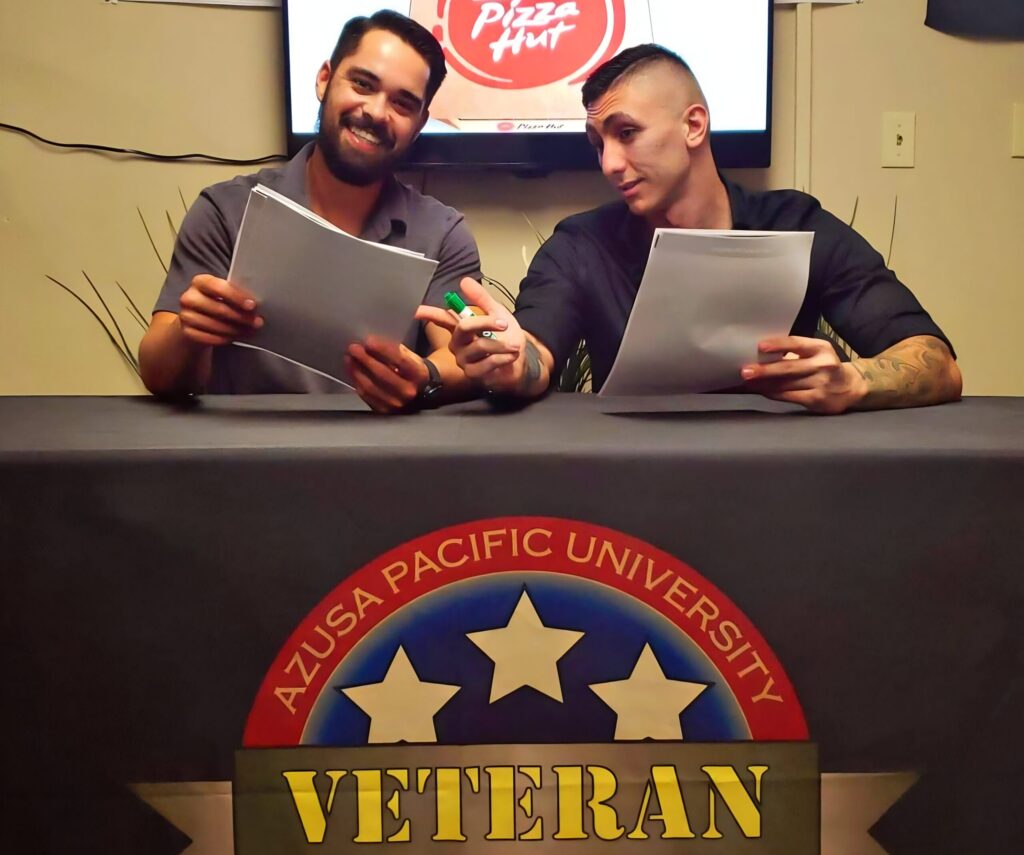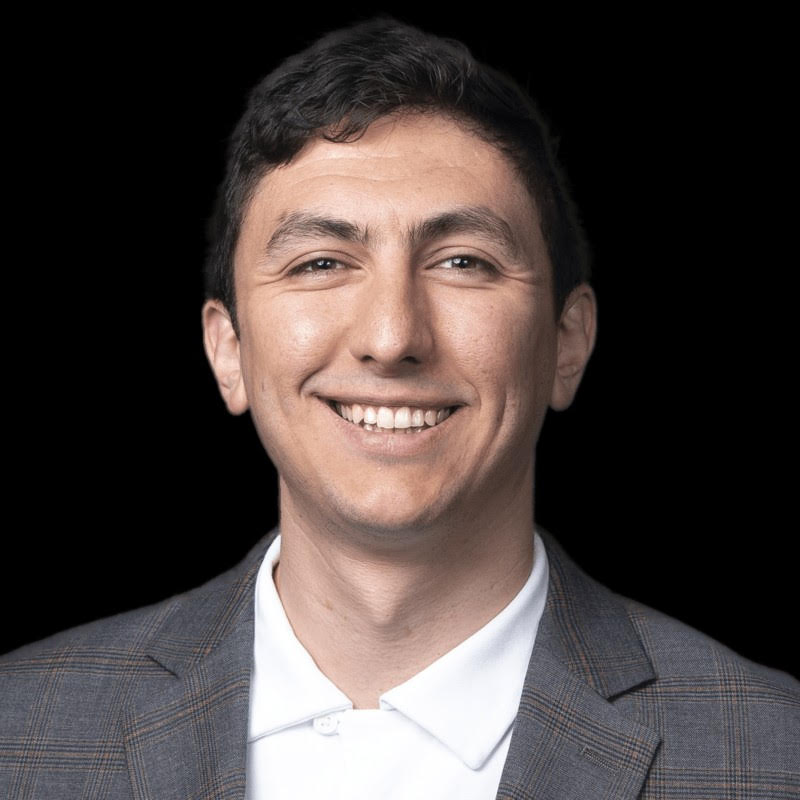
By Angel Reyes
In our academic and professional journeys, we all need a mentor to guide us to the next step or provide comprehensive reference letters for a fellowship application. In this article, I share ways to find that kind-hearted mentor who sees your success as their own rather than misleading people for short-term support.
What is a Good Hearted Mentor?
Successful people are successful because of the mentors who offer them opportunities, and those genuinely good-hearted, successful individuals acknowledge this. The difficult issue is finding those self-aware success stories and proving that you have the same level of determination to optimize the opportunities given to you. Fellowships and graduate applications are the same because they are opportunities where organizations invest in you to become a stronger, more influential individual destined for success. With that in mind, it is easy to feel tempted by the desire to quickly make connections and share your story in hopes of receiving that level of mentorship; however, there is a more authentic method. It starts with knowing what you want to focus on and accepting that the different phases of your life will bring distinct focuses.
Knowing Your Life Goals
Goals are overarching ideas that manifest through our actions as we work to breathe life into the dreams we create. For example, if my goal is to help people with “X,” “Y,” or “Z,” understanding them will allow me to develop my knowledge and learn the necessary actions I need to take to achieve them. Once you can identify that dream while accepting that it will change as you expand and grow, you can start finding kind-hearted mentors.
The next step is following the flow of information because these successful individuals often contribute to their field of study, whether political science, economics, or public health. Whether online or in person, find people who have already made their dreams a reality so you can begin to identify potential mentors.
Pro-Tip: Take note of what you are reading or the type of information you are digesting because this is called spoiler alert, the flow of information.
Meeting Your Mentor
Imagine finding 10 successful people that align with your goal(s). Only a small percentage of that group will be willing to give back in a meaningful way. It is not that the majority of people do not want to help, but oftentimes, it is because they are not in the phase of their lives to do so. At this point, you have two options:
- Option 1) You focus solely on those 10 people who can provide guidance.
- Option 2) You can prove that you have the same level of tenacity that they had when they looked for mentorship and learned the skills they specifically needed.
Deciding between the two options forces you to be vulnerable and put in the effort to share your personal story. Not everyone you meet will be able to open doors for you. Still, by showing others your level of determination, you’ll attract prospective mentors who see themselves in you. They’ll want to put in the effort of offering guidance.
Being Vulnerable and Sharing Your Story
Being vulnerable is neither fun nor easy because it means we have to face our journey while acknowledging the significant growth we need to reach the next level. We benefit from mentorship because they teach us the shortcuts and the keys to opening doors, such as fellowships through letters of recommendation and endorsements. Do not let this challenge overwhelm you because I know that once you make it, you’ll appreciate the effort of those asking you for mentorship in the future. Let today be the start of your self-discovery journey, and let today be the day you build your confidence to take the next step.
The next step varies between undergraduates and graduate students looking for mentorship that will lead them to a strong letter of recommendation for their fellowship applications.
Undergraduate Students
Despite your major, I advise you to take a foundations course on data analysis, as often you may take a research methodology course in your senior year. My greatest advice is to learn how data analysis moves the world as data informs our decisions about navigating future and current problems. Combining that skill and your major’s specific knowledge, you can start to form a professional mentor-student relationship. Just by knowing the basics, you can start climbing your way into more advanced skills, leading you to mentors with greater firepower when advocating for your success.
As you offer your skills and knowledge to others that align with your goals, they will be more likely to invite you into their life. There is an important theory about our world called homophily, which states that “birds of a feather flock together” or that similar objects naturally gravitate toward one another. Meaning you will naturally start to mesh together because of how aligned your goals are.
Pro-Tip: Once you are in the company of like-minded individuals, they will know the resources, fellowships, grants, and people that can help you. So always feel free to ask!
Graduate Students
Being accepted into graduate school is a big accomplishment as the process already demands having mentorship in the form of requesting a recommendation centered on the goals you’ve already established for yourself. So now, the next step should be to obtain mentorship that leads to the next level. Throughout your graduate school semesters or quarters, I would try to replace one course from your program’s catalog with a communication/writing course, assuming you have already taken classes on data analysis skills. This is because we need to be able to professionally write our business or research ideas into the world for those near the top to adopt us into their social circles. As we succeed in undergraduate and work to succeed in graduate school, we need to apply and prepare ourselves for the next level, such as professional fellowships, doctoral school, jobs, and more.
Reaching Out To Your Mentor
You have done the necessary preparation work at the specific point in your journey to reach out for mentorship, whether refining your life goal(s) or developing your skills and abilities. You have followed the flow of information, taken notes, and encountered prospective mentors through assigned readings in class, studying research articles and news reports, through the course’s content itself or other educational content.
By identifying individuals in careers you’re interested in, you now need to create opportunities for you to shine. Your prospective mentor needs to see that, yes, you’re serious about pursuing these goals. Show how you excel in your field as you work alongside this mentor, whether that’s in a classroom, lab, or research setting.
It would be unfavorable to request a recommendation if you have not built a professional relationship. Otherwise, especially for fellowship applications, there is no professional history together. Selection committees can spot this right away! The advice above enables you to naturally develop an authentic relationship with whoever will write you the recommendation letter.
Doing this requires you to use the ambition that I know you have and the confidence to know that out of the 10 successful mentors, you will find the one right for you.
Crafting The Recommendation and Application
The letter of recommendation comes from your mentor, but you should tell your perspective and why it relates to the fellowship you are applying for. You should be crystal clear about how your experiences with your mentor translate to you being the best candidate for the fellowship. Secondly, you should continue to be vulnerable and share the documents you have written so they can supplement their recommendation to your application. Lastly, I always advise removing the ability to see what they have written because oftentimes, the recommendation is a vulnerable moment for your mentor as they express their true thoughts. It is important to note that some applications may not let you see the recommendation from the get-go. The most influential part you can play in crafting a cohesive and clear application is to share your perspectives proactively on these sections:
- Letter of Recommendation: These are mentors who attest to your abilities and skills, so they should know what you are writing about to supplement. Secondly, you should share your perspectives on a one-page document about how the work you have done makes you the perfect candidate for the fellowship.
- Your Application: Generally understand what your letter of recommendation is going to endorse so you can expand into different areas of your work for your application. Secondly, consider your application as the main singer on stage and your letter of recommendation to sing backup, providing different notes of your life’s song.
Summary
Start by understanding your personal life goal(s), so you can find successful people already living them out. Identify these people through the trail of information they have left behind in formats like blogs or research articles. Depending on your current stage, Graduate versus Undergraduate, prepare to jump into the opportunities given by the mentors you’ve identified. You can absolutely do this without the preparation work, but it may not be as meaningful because their endorsements are based on your performance, for example, working in their lab. Become versed in analysis and develop your communication skills. Continue to work on yourself as you naturally establish a bond with a mentor who indeed wants you to succeed. Remember that a powerful theory about our world, homophily, states that we align ourselves together based on how well our goals align together. As the successful person reaches the top, they will only see the next level of success as their own because now it is about writing a legacy with you as their hero to continue the work.
Learn more about Health Policy Research Scholar Angel Reyes, who’s conducting research on preventative population health interventions.

© 2024 ProFellow, LLC. All rights reserved.